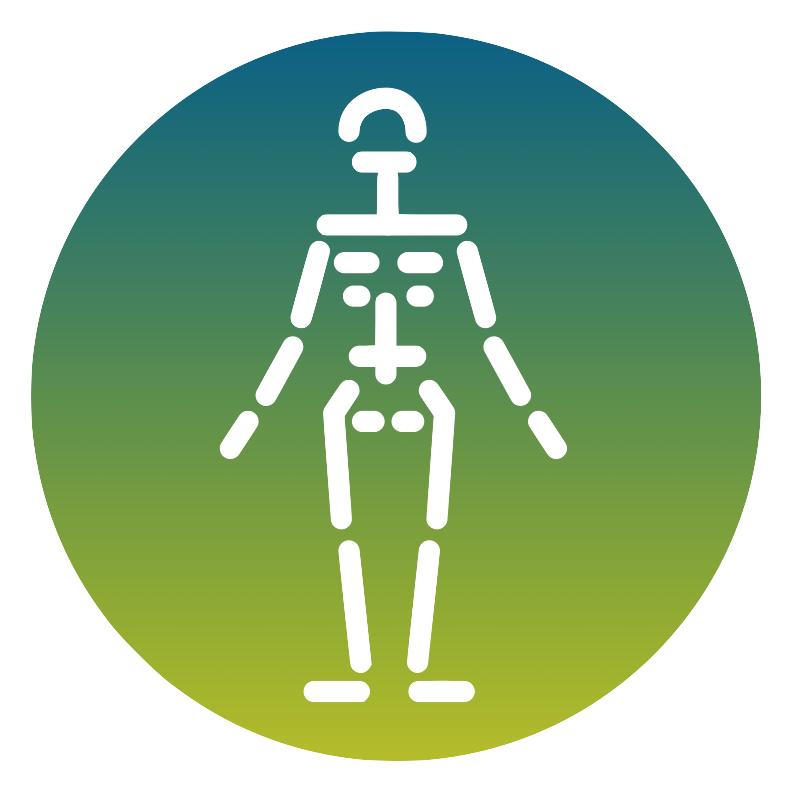Sexual differentiation disorders Code R-128
- Description
- Number Genes
- Prevalence
- Indications and clinical utility
- Test performed and limitations
- Other Specialities
Disorders of sexual differentiation (DDS) are a group of medical conditions in which an individual's sexual development does not follow the typical pathway for biological sex. These disorders can affect the formation of genitalia, gonads (ovaries or testes) and secondary sexual characteristics. Disorders of sexual differentiation can have various origins, such as genetic abnormalities, hormonal imbalances or defects in the process of differentiation between the male and female sexes.
54 geniuses
Italy: 1/5,000 children
Multi-gene panel aimed at the molecular diagnosis of disorders of sexual differentiation.
Method: NGS sequencing, determination of SNVs (Single Nucleotide Variants), small insertions and deletions and CNVs (Copy Number Variants).
Limits: The test is unable to determine the presence of underrepresented somatic events, balanced chromosomal rearrangements, nucleotide expansion events of repeat regions, CNVs <3 contiguous exons. <3 esoni contigui.
Some genes may have low coverage areas, where necessary or upon specific request, within the limits of methodological limitations, sequencing can be completed with alternative methods (Sanger).
Some genes may be duplicated in the genome (pseudogenes), which may invalidate the analysis.
..














